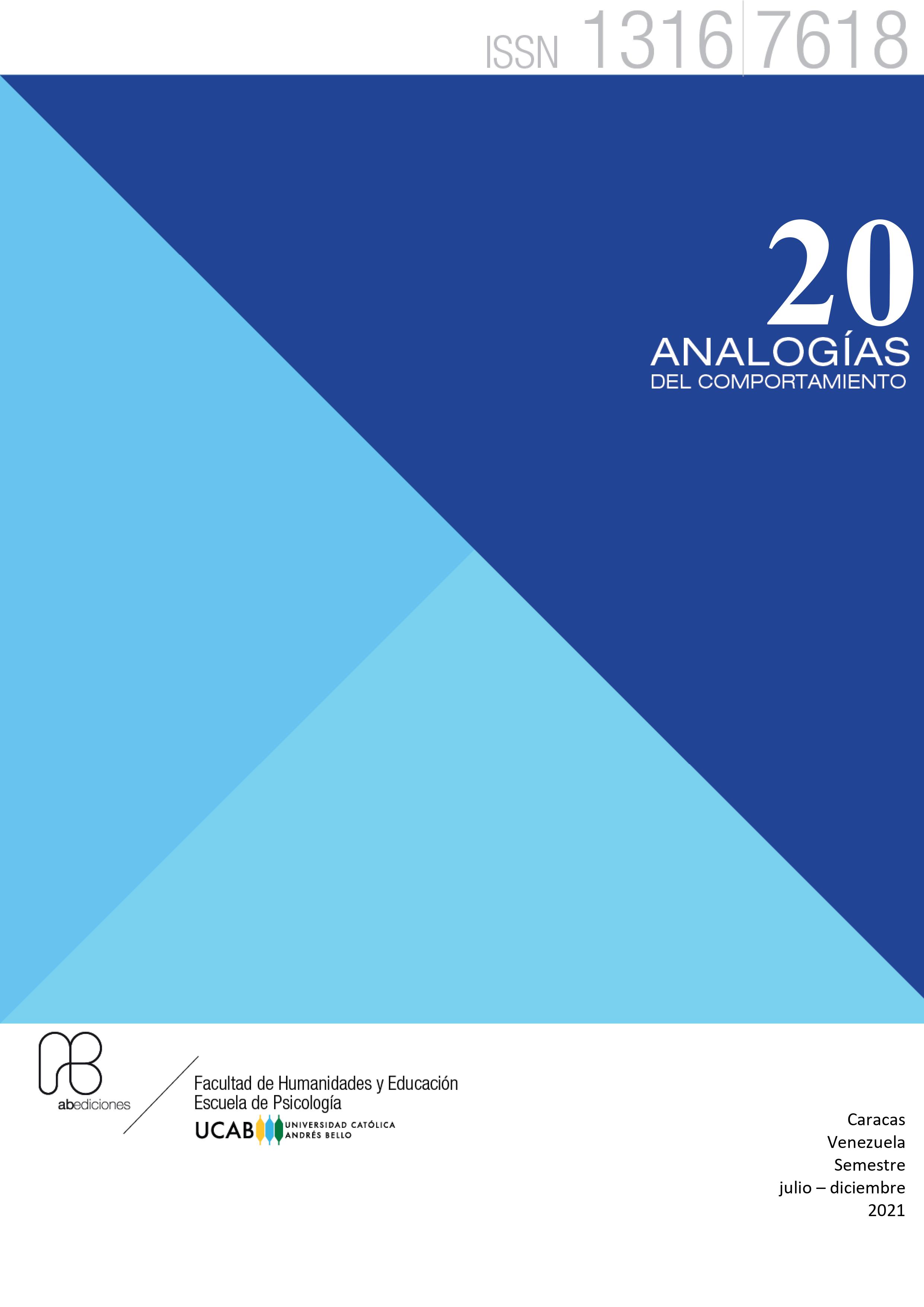Relationship between Attachment Style, Depression, Trait Anxiety and Responsability with Indicators of Peripheral Inflammation in Patients with COVID-19: An Exploratory Study
Abstract
COVID-19 has had a worldwide impact, especially on the patients’ mental health. The purpose of this study was to explore the relationship between secure attachment, depression, trait anxiety and conscientiousness with a peripheral inflammatory marker (C-reactive protein) in Venezuelan COVID-19 patients. Through an online survey, in a non-probabilistic sample, sociodemographic data and CRP test values were collected, also CaMir-R Attachment Style Questionnaire, Beck Depression Inventory-II (BDI-II), State-Trait Anxiety Inventory (STAI) and Big Five Inventory (BFI) were applied to a sample of ambulatory COVID-19 patients (12 women and 7 men). Participants reported low depression levels (M = 11.63) and low scores on trait anxiety (M = 18.21). A positive correlation was found between depression and trait anxiety with the CRP values, once the effect of age and body mass index were controlled; however, conscientiousness and secure attachment did not correlate with the CRP test. These results seem to represent the interaction between psychological factors and immunological processes, through the HPA axis and the ANS, observed in past studies, when individuals face stressful and persistent events, such as diseases. These results offer a multidisciplinary approach to COVID-19, for the development of targeted treatments that diminish the impact of risk factors and guarantee a good prognosis
Keywords: COVID-19, peripheral inflammation, depression, trait anxiety, psychological factors



